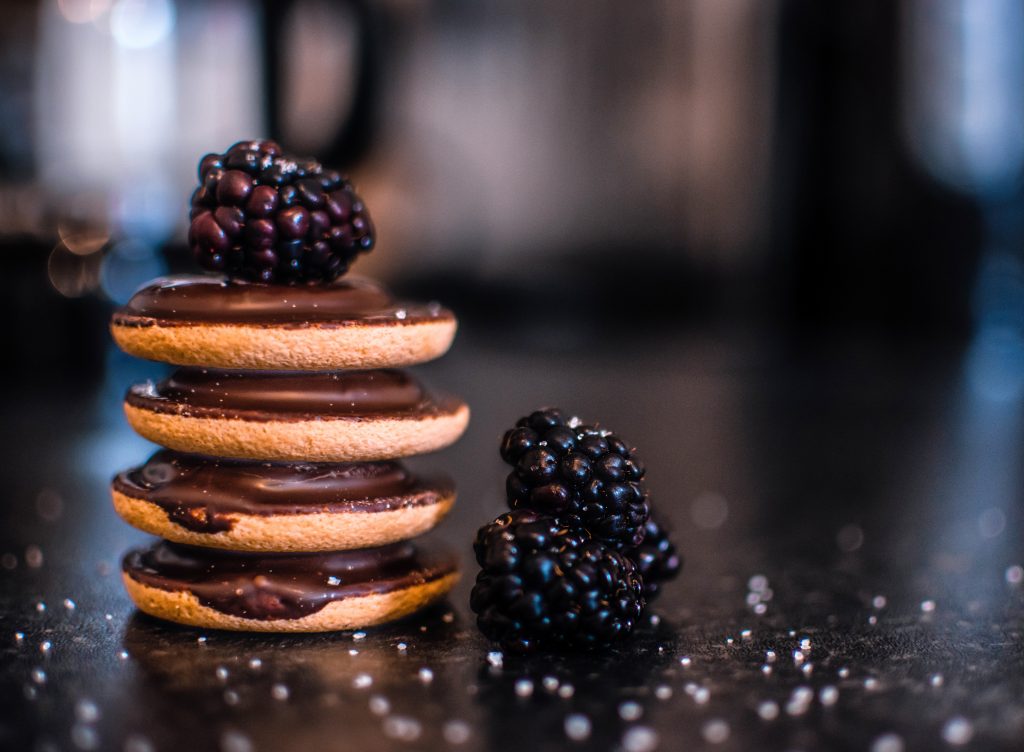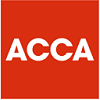Jaffa Cakes: Cake or Biscuit? The age-old debate that was taken to court.
Who knew VAT could be interesting?

Who would have known that the bounds of confectionery, sweets, chocolates, chocolate biscuits, cakes and biscuits would be taken to court? And why is it so important whether the confectionary in question is a cake or a biscuit?
The significance of the borderline between cakes and biscuits is that a cake is zero-rated, meaning that you do not pay VAT. This means that even if the cake is covered in chocolate, it will always remain exempt from VAT. However, if a biscuit is wholly or partly covered in chocolate, it will be taxed the standard VAT rate of 20%.
So just to clarify: a plain biscuit will not be charged VAT, meaning your standard rich tea or digestive will not be taxed. But, your chocolate digestive, which is partly covered in chocolate, is considered a luxury item and will therefore be taxed 20%. Cakes will not be taxed, regardless of their chocolate content.
If you’re wondering, the following biscuits are not considered to be wholly or partly covered and are therefore zero-rated (according to HMRC):
- Chocolate chip cookies
- Gingerbread men with chocolate eyes
- Cylindrical biscuits with chocolate on the inside
- Biscuits containing an internal chocolate flavoured filling, but none on the outside surface (for example, a Bourbon)
- Chocolate dip biscuits, where separate plain biscuits are sold with a chocolate sauce to be dipped into
Since VAT was introduced, Customs and Excise had accepted that Jaffa Cakes were zero-rated as cakes. But, following a review in 1991, the department reversed its view of the liability. McVitie’s therefore had to defend this categorisation in a VAT tribunal.
In this review, Jaffa Cakes were ruled to be biscuits partly covered in chocolate and standard-rated. However, United Biscuits (representing McVities) appealed against this decision. The Tribunal listed the factors it considered in coming to a decision as follows:
- The product’s name: it contains ‘cake’
- The ingredients: Jaffa Cakes contain flour, eggs and milk, thus making them a cake
- The product’s texture: cakes are soft, whereas biscuits are hard and can be snapped. Jaffa Cakes have the consistency of a sponge cake
- The texture of the product when it goes stale: cakes go hard when stale, whereas biscuits go soft. When stale, Jaffa Cakes go hard
- The size of the product: Jaffa Cakes’ size is more akin to a biscuit
- How the product is sold in shops: Jaffa Cakes can be found in the biscuit aisle at the supermarket
- How the product is marketed: Jaffa Cakes are marketed as biscuits rather than cakes
- The sponge part of a Jaffa Cake is a substantial part of the product in terms of texture when eaten.
Considering all of these factors, it is clear that Jaffa Cakes have characteristics of both cakes and biscuits. Overall, the tribunal thought they had enough characteristics of cakes to be accepted as such, and they were therefore zero-rated.
The Irish Revenue Commissioners also ruled in favour of them being cakes due to the fact that their moisture content is greater than 12%.
We hope you enjoyed reading this blog. We certainly found the distinction between biscuit and cake (according to HMRC) rather fascinating, and we are glad to have found an answer to the age-old question of the Jaffa Cake.
Do you agree?














